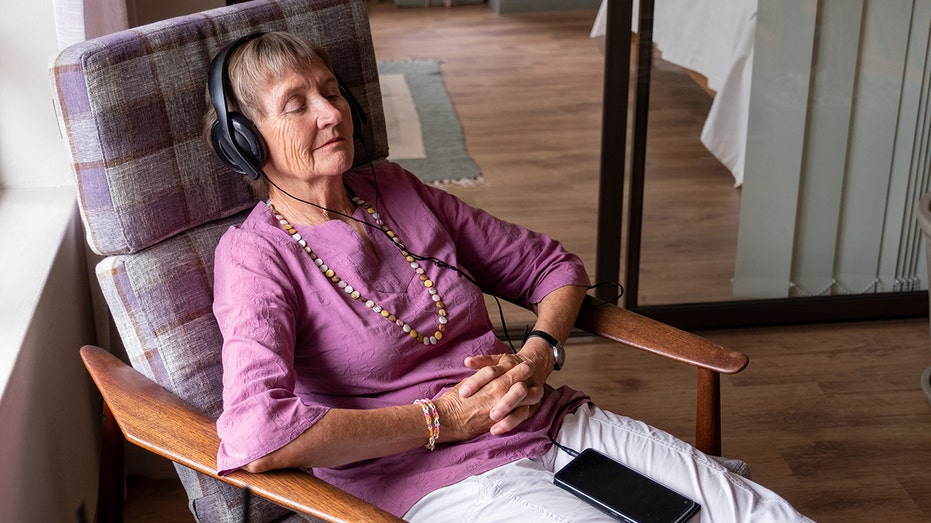URGENT UPDATE: A groundbreaking study from Monash University reveals that listening to music can reduce the risk of dementia for seniors by nearly 40%. This research, published in the International Journal of Geriatric Psychiatry, highlights the significant impact music has on cognitive health for adults aged 70 and older.
The study found that seniors who regularly listen to music are 39% less likely to develop dementia, while those who actively play instruments show a 35% lower risk. This compelling evidence suggests that engaging with music could be a vital strategy in combating cognitive decline and maintaining mental sharpness in later years.
Researchers tracked over 10,800 adults for several years, assessing their music habits and cognitive health. The results are clear: those who frequently listened to music not only exhibited a lower risk of dementia but also demonstrated better memory performance. Engaging in both listening and playing music significantly reduced the risk of mild cognitive impairment by 22%.
Professor Joanne Ryan, who led the research, emphasized the importance of finding preventive measures for dementia, stating, “With no cure currently available for dementia, identifying strategies to help prevent or delay onset is critical.” She pointed out that brain aging is influenced by lifestyle choices, not just genetics.
The study also revealed that older adults with higher education levels benefited the most from music engagement. For individuals who completed at least 16 years of schooling, the cognitive advantages were pronounced. However, the researchers noted mixed results for those with moderate education levels.
While the findings are promising, experts caution that causation cannot be definitively established. Dr. Morten Scheibye-Knudsen, an associate professor of aging at the University of Copenhagen, highlighted the need for further research on mental stimulation activities, including music. He noted, “Though the science isn’t settled, additional benefits from playing an instrument, such as increased social interactions, are crucial as we age.”
Dementia currently affects approximately 57 million people globally, according to the World Health Organization. As researchers continue to explore the connection between music and cognitive health, these findings present a simple yet effective strategy for maintaining mental vitality among older adults.
In light of this study, seniors and caregivers alike are encouraged to incorporate music into their daily routines. Creative and mentally stimulating activities like music, reading, and art may play a significant role in enhancing cognitive health as we age.
Stay tuned for more updates as experts delve deeper into how music can transform the future of dementia prevention and cognitive health.







































































